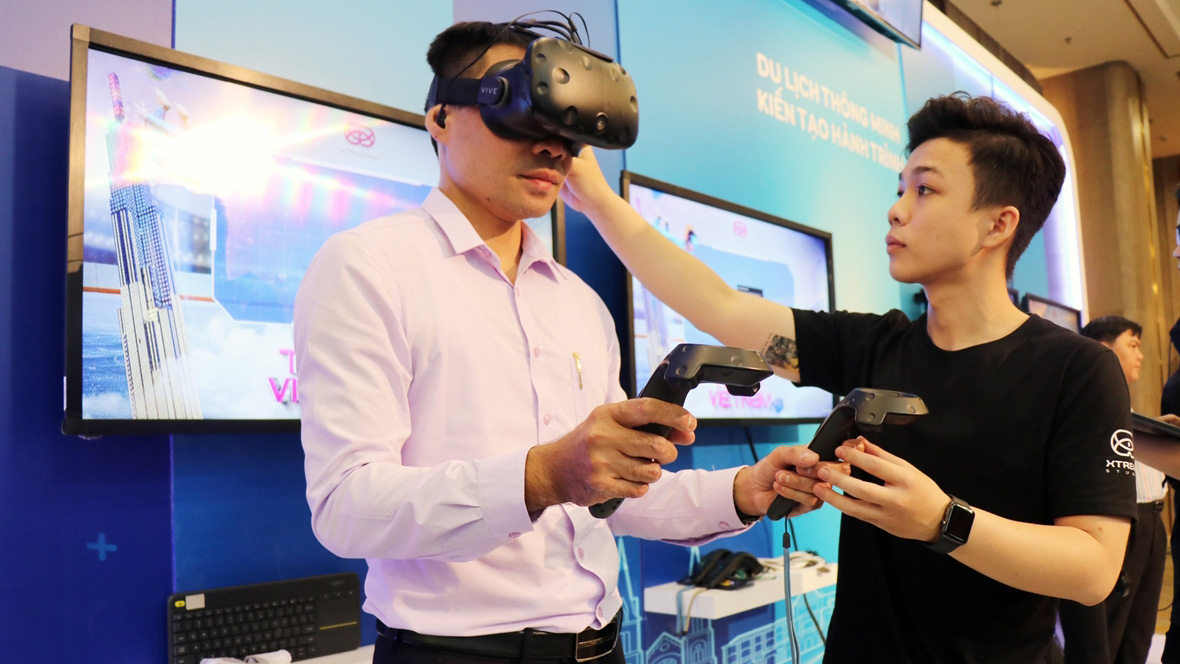HCMC – Smart tourism can transform the guest experience and enhance the long-term competitiveness of Vietnam’s travel destinations, according to RMIT University academic Dr Jackie Ong.
An increasing number of countries worldwide are investing in smart technology systems to build smart cities, driving sustainable development and improving people’s lives.
In line with this universal trend, many tourism destinations are now modernizing to include smart technology in their operations, ranging from booking services and payment methods to interactive activities and resource management.
Destinations leading the way with their smart tourism industry include Tokyo, New York, Amsterdam, Barcelona, Dubai, London, Melbourne, New York, Oslo and Singapore.
At these destinations, tourists can use their smartphones to perform simple tasks such as self-servicing and airport check-ins, paying for taxis, ordering meals, verifying queue times and reading information on the destination or attraction they are visiting through a supplied QR code.
During the Covid-19 pandemic, the use of smart technology has become even more apparent. Many destinations are now employing artificial intelligence and robots to replace humans in labor-intensive work in hotels, restaurants and amusement parks. Others are also developing virtual tours or augmented tours to complement onsite tours.
Technology and talent go hand in hand
“As an emerging destination with a young tech-savvy workforce, the future of Vietnam’s tourism is bright. There is ample opportunity for the tourism sector to learn from global destinations and adopt the right technologies to transform the visitor experience, thereby enhancing the long-term competitiveness of tourism,” Dr Jackie Ong said.
The expert suggested that the first obvious step for Vietnamese tourism destinations is to invest in information and communications technology infrastructure for the “5As of tourism”: accessibility, attractions, activities, amenities and ancillary services.
However, smart tourism is more than just the adoption of technology. It comprises many other aspects, including sustainability, efficiency, innovation and management.
A crucial requirement is having smart human talent to manage smart tourism. Future leaders and senior managers in tourism need to be equipped with technological acumen, critical, managerial and analytical thinking and problem-solving skills to generate positive solutions to global sustainability issues.
According to Dr Jackie Ong, the ultimate goal of smart tourism is to improve the efficiency of resource management, maximize competitiveness and enhance sustainability through the use of technological innovations and practices.









